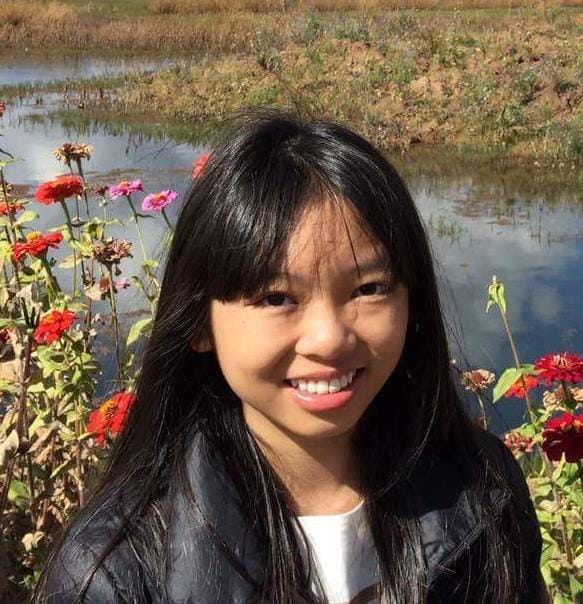Young scientists in the making
January 03, 2024Congratulations to our budding scientists, whose passion for research won them the Outstanding Undergraduate Researcher Prize (OURP) in Academic Year 2022 / 2023!

Environmental Studies student Ivan NEO, who also reads a Minor in Geographical Information Systems, received the OURP for his project on pygmy grasshoppers in Singapore’s last substantial freshwater swamp habitat, the Nee Soon Swamp Forest (NSSF). His study documented, for the first time, the diagnostic features, habitat associations and notes on the natural history of each species of pygmy grasshopper found in NSSF. His work informs future efforts to clarify the taxonomy of pygmy grasshoppers and to monitor NSSF’s tetrigid biodiversity as well as its ecosystem health.

Life Sciences student DONG Hoang Van, who also reads a Minor in Bioinformatics, discovered how extracellular vesicles (EVs) derived from red blood cells (RBCEVs) can deliver nucleic acids to recipient cells, to regulate gene activity. He effectively demonstrated how RBCEVs incorporating synthetic nucleic acids suppress the COVID-19 virus. These findings offer the potential to develop novel therapeutic delivery methods using RBCEVs.

G Suthershinii, who took Double Majors in Life Sciences and Psychology, successfully engineered and characterised the structure and functions of a tiny dengue non-structural protein 1 (NS1) with a fluorescent tag. NS1 is a multifunctional protein secreted in infected host cells. Her work paves the way for further studies on dengue infections and the potential for therapeutic targets to treat dengue infections.

High-efficiency organic semiconductor devices are widely used today. However, a universal additive crosslinker that can link amorphous and crystalline polymers without degrading device semiconductor properties has yet to be discovered. Chemistry’s KO Hor Cheng received the OURP for successfully synthesising two novel photo-crosslinkers into a stable and solvent-resistant network structure. Her work solves a longstanding challenge and paves the way for high-performance semiconductors.

NGUYEN Anh Duc, who majors in Mathematics and Data Analytics, was recognised for his project to solve the Partial Optimal Transport (POT) problem. POT aims to find the best way to move mass between unbalanced distributions while minimising cost. He and his collaborators devised algorithms that can compute an approximate solution to the POT problem efficiently, with the potential to scale up. One of the algorithms proposed achieves the best theoretical complexity in the literature.

Eric LEOW, who reads Double Majors in Pharmaceutical Science and Computer Science, received the OURP for his project on the metabolism of cocaine. He found that the formation of benzoylecgonine from the breakdown of cocaine is mainly through nonenzymatic metabolism, challenging the current consensus that it is primarily driven by enzymatic metabolism. This study clarifies the interplay between enzymatic metabolism and nonenzymatic degradation of cocaine, which sets the stage for further studies on its disposition.

Acute Myeloid Leukemia (AML) is an aggressive blood cancer associated with high relapse rates. Pharmaceutical Science student LIM En Tong received the OURP for studying the expression of Cluster of Differentiation 47 (CD47) in drug-resistant AML cells and correlating its impact on immune evasion. CD47 is a protein on cellular surfaces that acts as a “don’t eat me” signal, preventing cells from being ingested by white blood cells. En Tong’s work sheds light on CD47 as a potential therapeutic target to mitigate relapse in AML patients.


